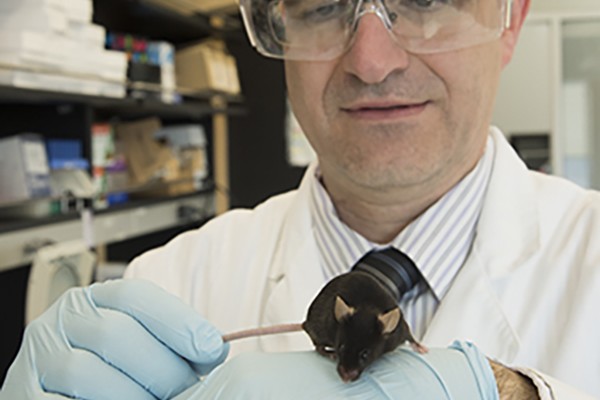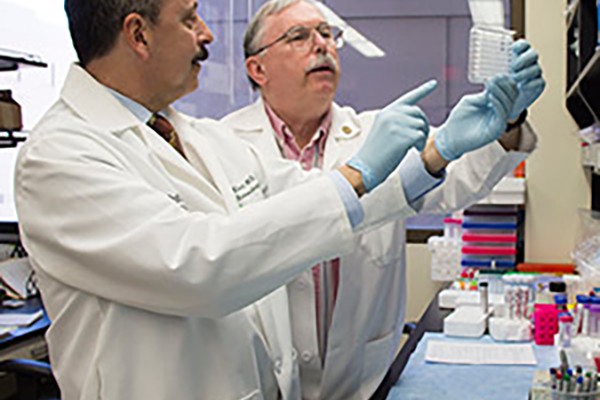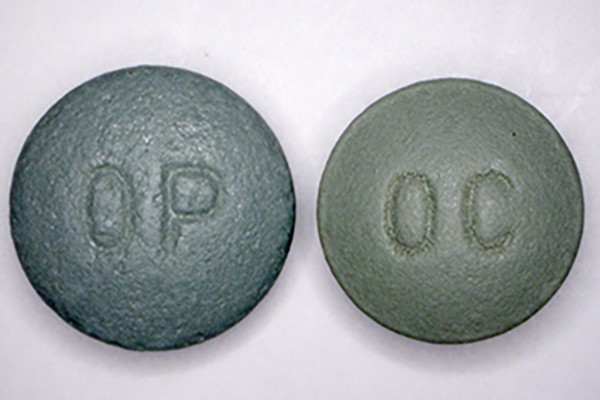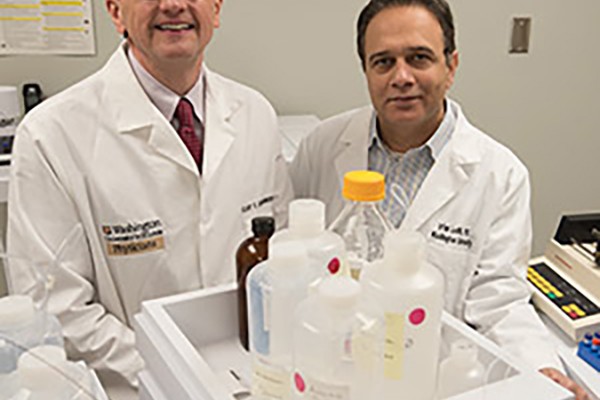Obituary: David C. Beebe, 70, professor of ophthalmology and visual sciences
David C. Beebe, PhD, the Janet and Bernard Becker Professor of Ophthalmology and Visual Sciences, died at his home in St. Louis on Friday, March 27, 2015, from complications of amyotrophic lateral sclerosis (ALS). He was 70.
Vitamin D prevents diabetes and clogged arteries in mice
A deficiency of vitamin D has been linked to Type 2 diabetes and heart disease, two illnesses that commonly occur together and are the most common cause of illness and death in Western countries. Now, new research in mice led by the School of Medicine’s Carlos Bernal-Mizrachi suggests vitamin D plays a major role in preventing the inflammation that leads to Type 2 diabetes and atherosclerosis.
Kidney cancer detected early with urine test
Finding kidney cancer early has been among the disease’s greatest challenges. Now, researchers at Washington University School of Medicine in St. Louis have developed a noninvasive method to screen for kidney cancer that involves measuring the presence of proteins in the urine.
Harder-to-abuse OxyContin doesn’t stop illicit use
A reformulation of OxyContin (left) that makes it less likely to be abused than the older formulation (right) has curtailed the drug’s illicit use. But researchers at the School of Medicine have found that a significant percentage still abuse the drug despite package labeling that emphasizes its abuse-deterrent properties.
Investigational drug can reduce asthma flareups
An investigational drug appears to cut the risk of severe asthma attacks in half for patients who have difficulty controlling the disorder with standard medications, according to results from two multicenter clinical trials headed by Mario Castro, MD, the Alan A. and Edith L. Wolff Professor of Pulmonary and Critical Care Medicine at the School of Medicine.
Exploring a new way to diagnose mental illness
A new study at the School of Medicine is focused on understanding how the pathways identified by the Human Connectome Project differ in people with psychiatric illnesses. Principal investigator Daniel Mamah, MD, said the group’s goal is to look at diagnosing psychiatric illness in a different way.
Pro-marijuana ‘tweets’ are sky-high on Twitter
Analyzing every marijuana-related Twitter message sent during a one-month period in early 2014, researchers at the School of Medicine have found that the “Twitterverse” is a pot-friendly place. In that time, more than 7 million tweets referenced marijuana, with 15 times as many pro-pot tweets sent as anti-pot tweets.
Difficult behavior in young children may point to later problems
It’s normal for a young child to have tantrums and be otherwise disruptive, but researchers have found that if such behavior is prolonged or especially intense, the child may have conduct disorder, a childhood psychiatric problem that could be a harbinger of antisocial behavior. The research was led by Joan L. Luby, MD (shown).
Targeting fatty acids may be treatment strategy for arthritis, leukemia
Enzymes linked to diabetes and obesity appear to play key roles in arthritis and leukemia, potentially opening up new avenues for treating these diverse diseases, according to researchers Clay Semenkovich, MD, (left) and Irfan Lodhi, PhD, at the School of Medicine.
Not all obese people develop metabolic problems linked to excess weight
New research demonstrates that obesity does not always go hand in hand with metabolic changes in the body that can lead to diabetes, heart disease and stroke. Washington University School of Medicine researchers found that a subset of obese people do not have common metabolic abnormalities associated with obesity, and they don’t develop them when they gain more weight.
View More Stories






